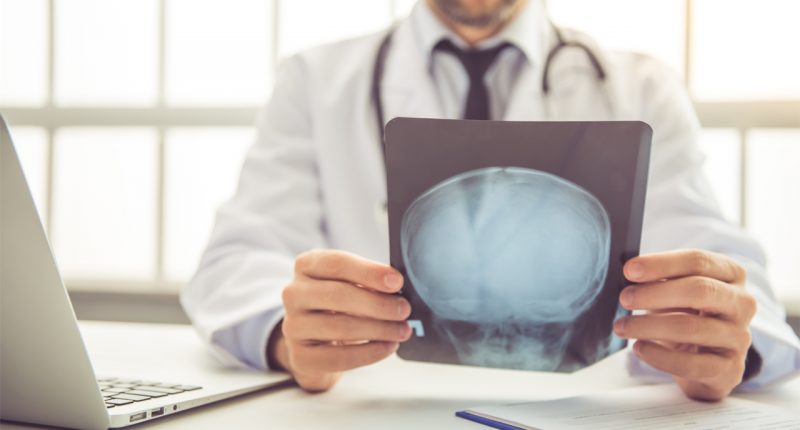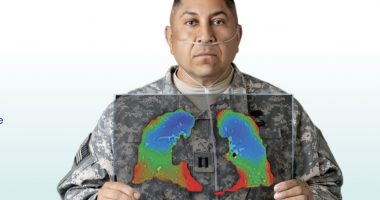- Impression Healthcare has filed an application to patent its traumatic brain injury treatment product
- The product is designed to protect people who have suffered a concussion from further, more serious injury
- Traumatic brain injuries account for 10 million deaths and hospitalisations worldwide every year
- Currently, there are no pharmaceutical agents approved for its treatment
- Impression is also planning to file patents for sleep apnoea and joint dysfunction treatments
- Shares in Impression are up 3.61 per cent, trading for 8.6 cents apiece at market close
Impression Healthcare has filed a patent application for its traumatic brain injury (TBI) treatment product, IHL-216A.
After a person receives head trauma resulting in a loss of consciousness, they are likely to incur a moderate to significant brain injury. There is likely to be bruising, swelling, and the commencement of intracranial inflammatory processes.
TBIs account for approximately 10 million deaths and hospitalisations annually worldwide, and there has been a complete lack of significant pharmaceutical interventions in the TBI field, according to Impression.
“There are historically no significant pharmaceutical interventions in the traumatic brain injury field,” Specialist Neurosurgeon Dr Ron Jithoo said.
“Patients are at risk of post-injury sift tissue swelling, concussive states and significant neurological complications. Volatile anaesthetics help reduce cerebral irritability and cortical depolarisation as well as decrease cerebral blood flow,” he added.
Today the most common treatment for TBI is through surgical intervention by decompressive craniotomy, which involves the removal of some skull segments to reduce intracranial pressure.
However, these procedures are considered risky, invasive, and can often lead to additional conditions such as permanent brain damage.
It is believed by Impression’s drug discovery team that early intervention of synthetic cannabidiol can rapidly cross the blood-brain barrier and shield the brain from secondary immune-mediated damage.
This idea is supported by existing in-vitro, in-vivo, and some in-human studies.
The team also believes there is an optimal fixed dose of APIs in within IHL-216A which, when given soon after head trauma, will reduce neuro-excitation, neuro-inflammation, cerebral blood flow, and cerebral oxygen consumption.
The basis for this patent application is that both cannabidiol and halogenated volatile anaesthetic agents are known to cause a reduction in neuro-excitation.
This is thought to be a key step in the pathway resulting in the reduction of neurocellular damage and TBI.
Further patents related to IHL-216A are likely to be filed following clinical testing which is due to begin shortly.
Impression expects that further patent filings will occur soon for sleep apnoea and temporomandibular joint dysfunction programs.
Shares in Impression are up 3.61 per cent and traded for 8.6 cents apiece at market close







